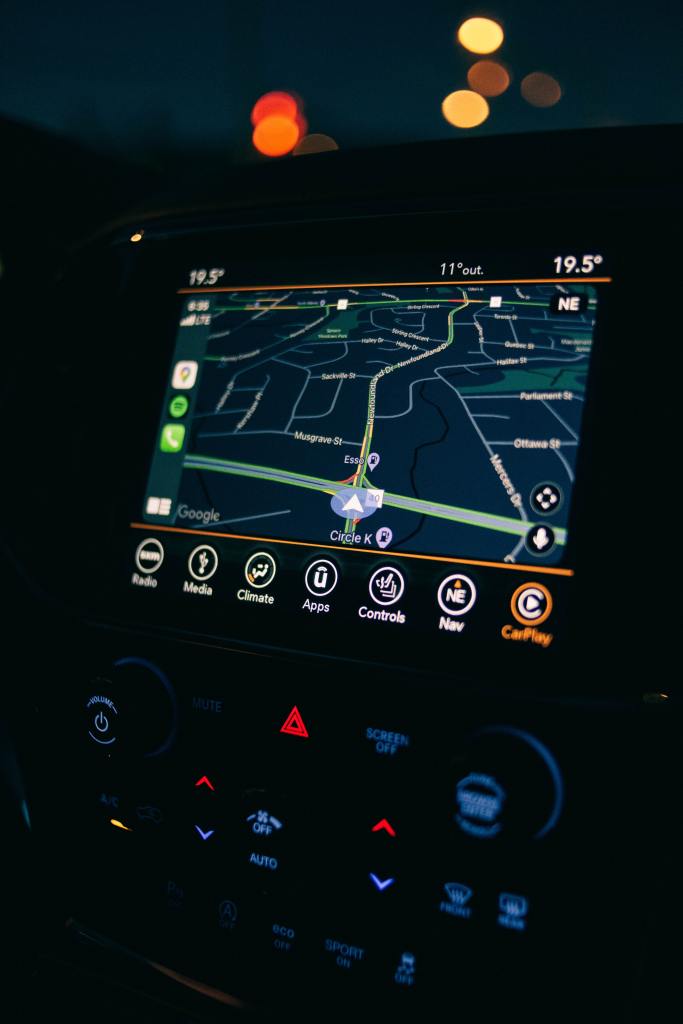
In the approach to the finish line, there is an acceleration. Bad things start happening faster and faster. One physiological insult after another. The body just can’t keep up with the relentless series of assaults. Nature is trying to take someone out. Symptoms that are already present worsen. New symptoms develop and cause more suffering. There is only so much a person can take, no matter how strong a fighter they are. The mind and spirit may still be strong, but the flesh has become weak.
The family urge them to hang on. They are trying their best but there is little to hold on with. They are slipping away from our world. They are dying and there is nothing humans can do to stop it from happening. It is up to higher powers now, it is out of our hands. We can make people more comfortable but we can’t save every life. There’s just too much going on, too much going wrong.
I’m worried that time has become really short. There might only be hours to short days left to live. I’m worried they are suffering, that they are really struggling. We want to make them as comfortable as possible. Medication changes could make them more comfortable. The main side effect is sleepiness. At this stage of things, even if we took away all of the medications they would still be sleepy but would be very distressed. If they are distressed this will make you all distressed.
I’m sorry this is happening. I need you to know what is happening and what is going to happen. I can’t let there be any surprises between us. Yes, please talk amongst yourselves. I’m happy to come back later to discuss this further. I just want you to know that we are looking out for their best interests and that their comfort is our top priority. We’re going to get them through this, we’re going to get you all through this. Please let us know if you need anything.




